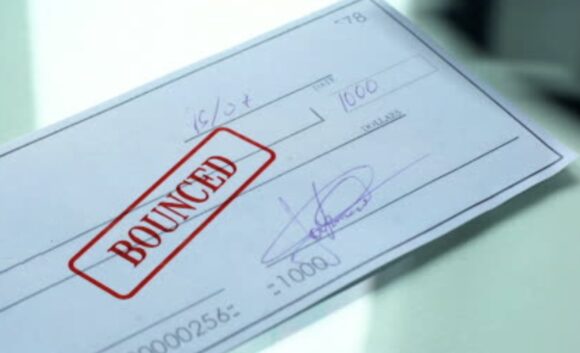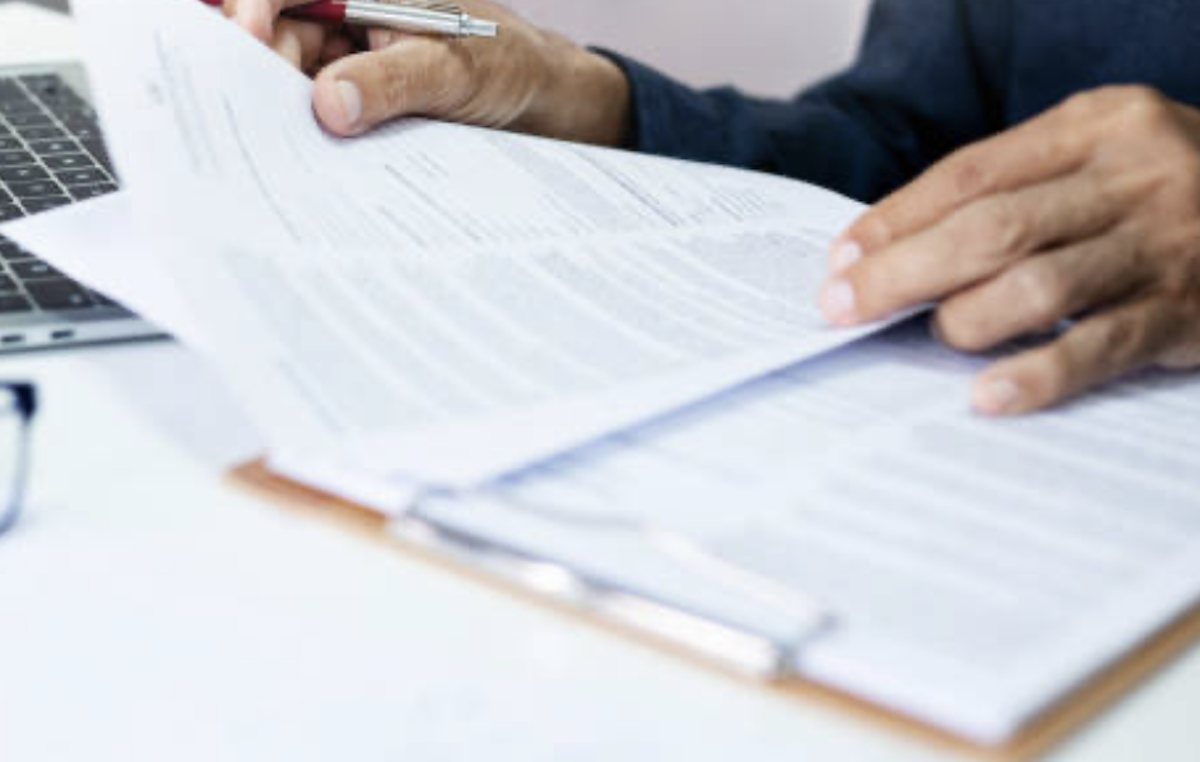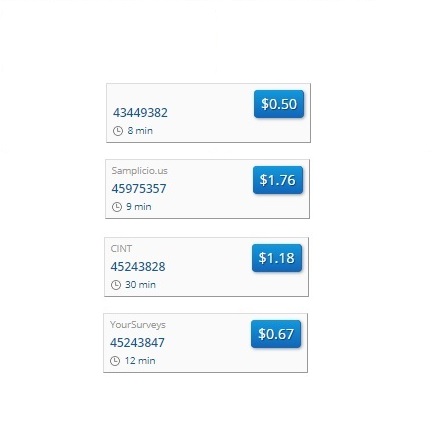A bounced check—often referred to as a rubber check—is more than just an inconvenience; it can have significant financial repercussions. Whether you’re the issuer or the recipient of a bounced check, understanding the implications and preventive measures can save you from unwanted fees and potential legal issues. Here’s a comprehensive guide on bounced checks, their consequences, and how to steer clear of them.
What is a Bounced Check?
A bounced check occurs when a check cannot be processed due to issues with the issuer’s account. Typically, this happens because there are insufficient funds to cover the amount written on the check. When a check bounces, it is returned to the issuer’s bank, and the recipient is unable to cash or deposit it.
Consequences of Bouncing a Check
For the Check Writer
- Fees:
- NSF Fees: Most banks charge a Non-Sufficient Funds (NSF) fee when there isn’t enough money in the account to cover a transaction. These fees can exceed $30, though some banks have eliminated them.
- Overdraft Fees: If the bank covers the transaction despite insufficient funds, an overdraft fee, typically around $35, may apply.
- Merchant Fees: Merchants may impose processing fees for bounced checks, which can range from $20 to $40 depending on the state.
- Reporting:
- Account Restrictions: Repeated bounced checks may lead merchants to ban you from using checks in the future.
- Credit Reports: Checks that end up in collections can impact your credit report negatively.
- ChexSystems: Frequent bounced checks may be reported to ChexSystems, a consumer reporting agency banks use to screen new account applications.
- Account Closure:
- Banks may close accounts with a history of bounced checks, making it difficult to open new accounts.
- Legal Consequences:
- While accidental bounced checks typically don’t lead to legal trouble, intentionally writing bad checks can result in criminal charges, including fines and imprisonment, depending on state laws.
For the Check Recipient
- Delayed Funds:
- If you deposit a bounced check, you may not realize it right away, as it can take days for the check to bounce. If you spend the deposited funds before discovering the bounce, you might need to cover the shortfall.
- Reimbursement Issues:
- You may need to contact the issuer to request repayment. If that fails, you might consider formal actions like sending a demand letter or pursuing legal action.
Common Reasons Checks Bounce
- Insufficient Funds:
- The most common reason is a lack of sufficient funds in the issuer’s account.
- Bank Account Closure:
- If the account is closed before the check is deposited, it will bounce.
- Errors on the Check:
- Mistakes, such as incorrect dates or amounts, can cause a check to bounce.
- Fraudulent Checks:
- Scammers may write bad checks and ask the recipient to send part of the funds back before the check bounces.
- Stop Payment Requests:
- If the issuer requests a stop payment on the check, it will bounce.
- Stale Checks:
- Checks that are more than six months old may be considered stale and may bounce.
How to Handle a Bounced Check
If You Write a Bounced Check
- Contact the Payee:
- Inform the payee about the mistake and explain how you plan to resolve the issue.
- Make the Payment:
- Pay the amount due as soon as possible, ensuring you have sufficient funds.
- Pay Fees:
- Settle any bank or merchant fees associated with the bounced check promptly.
- Keep Records:
- Maintain detailed records of the transaction, including communication and payments, for future reference.
If You Receive a Bounced Check
- Contact the Check Writer:
- Inform them that their check bounced and ask if their account has sufficient funds now.
- Retry Depositing the Check:
- Wait a few days and attempt to deposit the check again if the initial bounce was due to insufficient funds.
- Send a Formal Letter:
- If initial attempts fail, send a formal demand letter for payment.
- Consider Legal Action:
- If all else fails, you may need to take legal action to recover the funds.
FAQs
What’s the Difference Between a Bounced Check and a Returned Check? A bounced check and a returned check are essentially the same. Both terms describe a check that cannot be processed due to insufficient funds or other issues.
Does a Bounced Check Affect Your Credit? A bounced check itself does not directly impact your credit score. However, if it leads to missed payments or collection actions, it could negatively affect your credit.
How Can You Avoid Bouncing a Check? To prevent bouncing a check, ensure you have sufficient funds before issuing a check, track your account balance regularly, and consider using overdraft protection if available.
Understanding bounced checks and their implications can help you manage your finances more effectively and avoid the associated pitfalls. By taking proactive steps and being mindful of your account activity, you can safeguard against the potential repercussions of a bounced check.




